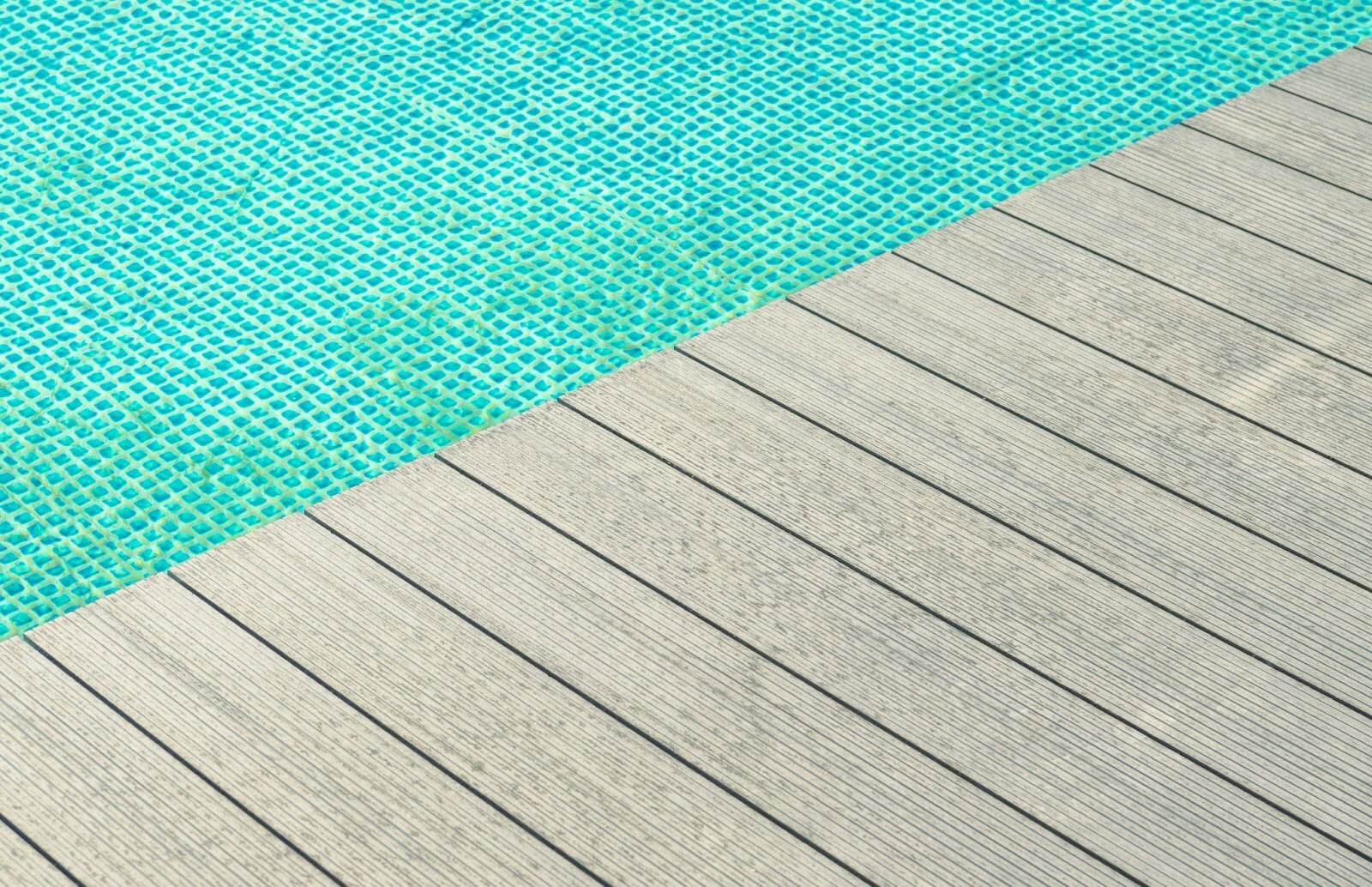6 Common Misconceptions About Composite Decking

Composite decking has been gaining popularity in recent years as a modern, low-maintenance alternative to traditional wood decking, thanks to its low-maintenance requirements, durability, and aesthetic appeal. But despite its long list of appealing benefits, there are still many misconceptions revolving around composite decking that can lead to confusion among buyers. However, with every innovative manufacturing process and leveraging of advanced technology, new decking creations, such as those offered by CULTURE are flipping the game.
In this article we explore five of the most common misconceptions about composite decking to help you make an informed decision when considering decking options for your outdoor space.
1. Looks Like Plastic and Cheap
One of the biggest misconceptions about composite decking is that it looks like plastic and feels cheap. While some early composite materials did have a shiny, plastic-like appearance, modern composite timber decking, such as those offered by Tulou has evolved to look more like real wood with natural patterns and textures. Decking options from our CULTURE Legacy Collection such as Tigerwood, Mocha and others resemble natural materials. CULTURE is a brand of composite decking that is known for its exceptional quality and durability. The decking is made from premium-grade, high-quality American composite timber. The use of top-quality materials in the manufacturing of CULTURE composite decking ensures that it is free from common problems with traditional wood decking.
2. All Composite Deckings Are the Same
Another misconception about composite decking is that all products look and feel the same. However, there are a variety of composites available in the market that vary in terms of quality, durability, and price. Tulou offers two distinct ranges of composite timber decking, including Tuwood and CULTURE. CULTURE, designed and manufactured in the USA, is a top choice for composite timber decking. With constant innovation, the brand provides a vast range of composite decking options to enhance your outdoor living. Every board is one-of-a-kind, featuring various colours and textures similar to real trees, which can create a vintage, timeless appearance for your deck.
3. WPC Decks Are Slippery
WPC decking is often thought to be slippery and unsafe, however, this isn’t the case with Tulou. One of the standout features of CULTURE composite decking is its slip resistance. The surface of the decking is designed to provide excellent traction, even when wet, which helps prevent slips and falls. This is especially important around swimming pools, where people are often barefoot and water can create a slick surface. Moreover, with four-sided protection, this composite decking is highly resistant to moisture intrusion since it doesn’t contain any wood or mineral fillers in its cap layer. Our composite timber decking, having undergone a rigorous manufacturing process, ensures that it meets the guidelines of the Building and Construction Authority (BCA) of Singapore for slip-resistant properties. With CULTURE decking, you can enjoy more pool time fun without worrying about accidents or injuries.
4. Composite Deckings Are Very Expensive
When compared with traditional wood decking, composite decks are often thought to be too expensive. However, composite decking offers many benefits in terms of durability and low-maintenance requirements that can help reduce overall costs over the long term. By investing in a quality composite deck from Tulou, you can save on regular maintenance costs as it is resistant to cracking, rotting, and warping. This makes them a cost-effective solution over time that will save you money on repairs and replacements. Additionally, with our industry-leading product warranty that provides you with comprehensive coverage, you can enjoy a carefree experience with our product.
5. WPC Gets Too Hot in Sun
Finally, many homeowners in Singapore believe that WPC decking is too hot to walk on during the summer months. While wood decks can become very hot in direct sunlight, Tulou’s CULTURE composite timber decking comprises high-quality components, including UV-inhibiting pigments that make them resistant to heat and prevent fading. This makes composite timber decking the best option for balconies that are exposed to all-day sunlight.
6. Composite Decking is Not Eco-Friendly
Contrary to popular belief, composite decking is actually an eco-friendly choice. At Tulou, we are committed to offering environmentally friendly outdoor decking options as an alternative to natural wood decking. That’s why our CULTURE composite decking boards are made of 80% recycled materials such as polyethylene film, sawdust, and other wood-waste materials that would have otherwise been disposed of by burying them. This minimal use of wood makes our composite timber decking an environmentally friendly option.
Revamp Your Outdoor Space with Tulou's High-Quality Composite Decking
With its realistic wood-like look and superior durability, composite decking is becoming the ultimate decking choice for homeowners in Singapore. At Tulou, we not only offer a wide range of high-quality composite timber decking options but also install our decks using a hidden clips method to ensure the safety of our deck owners. Moreover, our outdoor decks are constructed with an aluminium substructure instead of wood to prevent any type of rotting, adding to their longevity.
So, if you are looking for a low-maintenance and stylish deck that is resistant to the Singapore weather conditions, look no further than Tulou’s composite timber decking. Get in touch with us today and start your journey to revamping your outdoor space.

